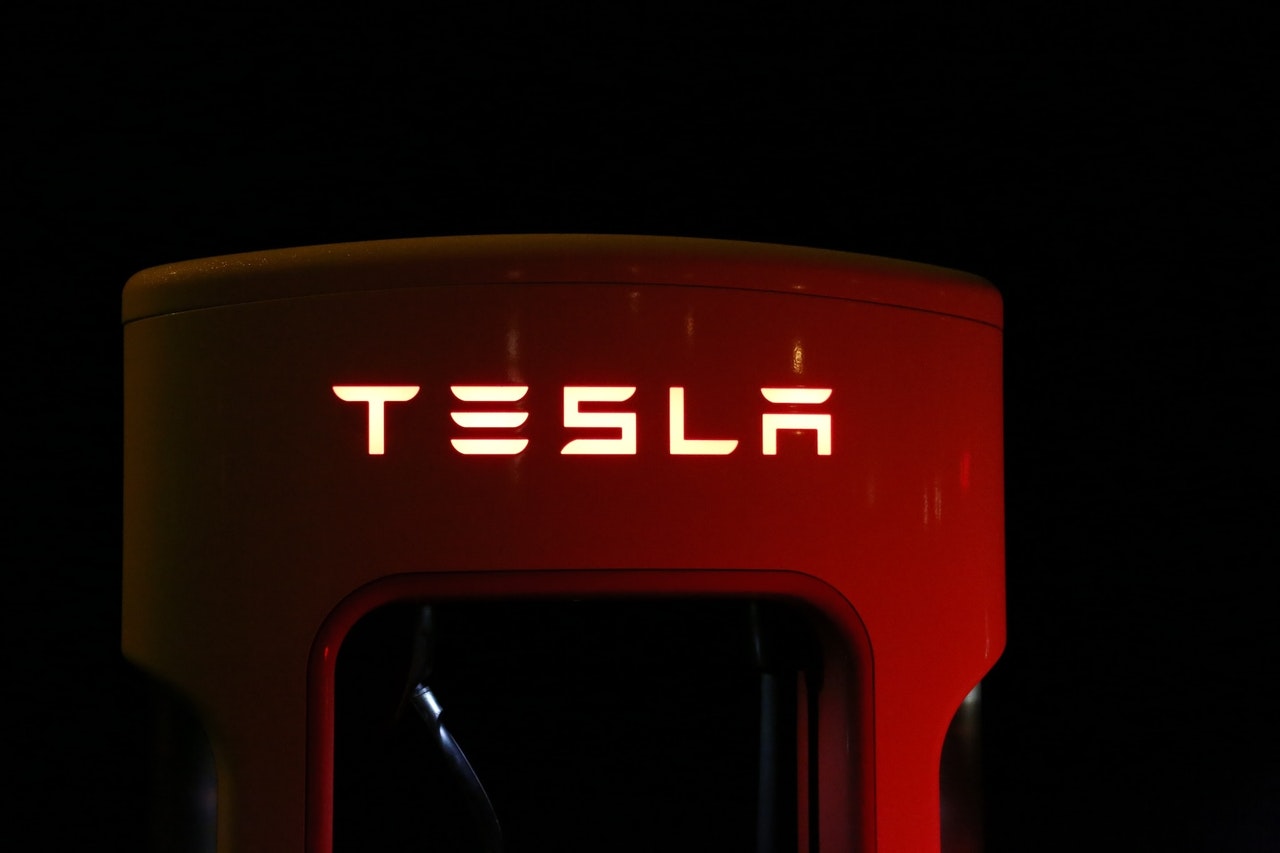A rush of announcements on Monday illustrated how the global auto industry has shifted into high gear as it races to speed beyond the fossil-fuel car age, with electric car sales surging and legislation increasingly favoring zero-emission vehicles.
Stellantis, which was formed by the merger of PSA and Fiat Chrysler earlier this year, said it had reached a preliminary agreement with battery maker LG Energy Solution to produce battery cells and modules for North America, where the world’s fourth largest automaker expects electric vehicles to account for more than 40% of sales by 2030.
This comes on the heels of Daimler AG’s recent news that it will buy a 33% stake in battery cell producer Automotive Cells Company (ACC), which was created in 2020 by Stellantis and TotalEnergies.
The EV race
With dozens of new battery plants planned across Europe and America, automakers are scrambling to secure battery supplies as they transition to electric vehicles.
Ford Motor Co. announced on Monday that it will invest up to £230 million (€272 million) in retooling an engine factory in northern England to build electric car power units instead of combustion-engine transmissions, boosting the company’s plans to go electric in Europe.
By 2030, the world’s second-largest automaker plans to have an all-electric vehicle lineup in Europe. Companies like Mercedes-Benz Daimler have warned that switching to electric will cost employment at combustion-engine facilities, so Ford’s decision is good news for workers at its Halewood facility near Liverpool who produce fossil-fuel engines.
The transition to electric vehicles has also resulted in changes in the automotive scene, with a slew of companies vying to be the next Tesla Inc. This has piqued the interest of Foxconn, a Taiwanese company with ambitious intentions to broaden its business beyond producing consumer electronics for Apple Inc. and other tech companies.
On Monday, Foxconn showcased its first three electric vehicle prototypes: an SUV, a sedan, and a bus, all of which were built by Foxtron, a joint venture between Foxconn and Taiwanese automaker Yulon Motor Co Ltd.
It originally stated its electric vehicle goals less than two years ago and has moved rapidly since then, announcing partnerships to produce cars with US startup Fisker Inc and Thailand’s energy conglomerate PTT Pcl this year.
The necessity for speed was also a factor in Volkswagen AG’s decision to have Tesla CEO Elon Musk speak to the company’s top executives over the weekend. Herbert Diess, the CEO of Volkswagen, has made no secret of his desire to pursue down and overtake Tesla, the world’s leading electric carmaker.
Diess, meanwhile, said in a Linkedin post that he had invited Musk as a “surprise guest” to drive home the point that VW needs faster choices and less bureaucracy for what he dubbed the company’s “largest transition in history.”

